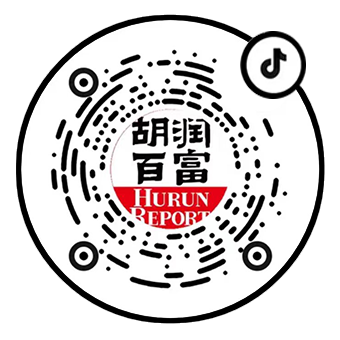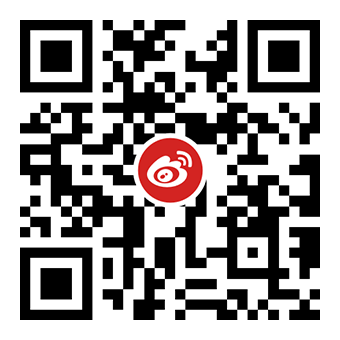China HNWI Gifting White Paper 2017
Leading Authority on Chinese Luxury Consumer The Hurun Research Institute and MEC today released ‘China HNWI Gifting White Paper 2017’’, a report on the gifting behaviour of HNWIs in China.
Hurun Report publishes ‘China HNWI Gifting White Paper’ in association with MEC
(13 July 2017, Shanghai) Leading Authority on Chinese Luxury Consumer The Hurun Research Institute and MEC today released ‘China HNWI Gifting White Paper 2017’’, a report on the gifting behaviour and demand of high net worth individuals (HNWIs) in China. This White Paper will help readers understand more about Gifting in China, particularly for modern HNWIs, and help you find potential opportunities to grow your business.
The Hurun Research Institute in association with MEC cooperated over six months from December 2016 to May 2017 to research and complete ‘China HNWI Gifting White Paper, surveyed 507 of China’s most successful HNWIs. With the vast scale of this market in mind, Hurun Report and MEC research encompassed 14 cities in mainland China, with 507 HNWIs filling in surveys of their gifting behaviour. Their age averaged 41 years, their wealth amounted to 22 million RMB per capita, and they have 4.17 million RMB of disposable income annually. A further 16 wealthy individuals were interviewed by our teams based in Shanghai, Beijing, Guangzhou and Xi'an.

▲China HNWI Gifting White Paper 2017
Chinese people celebrate all kind of festivals throughout the year. As a result, many brands constantly launch topical marketing campaigns and package their products and services with gifting concepts. Brands need to consider various giftees’ roles, gifting occasions, emotional needs and gifting motivations; such as expressing filial piety, expressing love and care, create surprises and special memories, or sending blessing. Brands need to grasp various marketing opportunities throughout the year. When planning different festivals or themed marketing promotions, brands also need to offer new news to sustain popularity in the gifting market. At the same time, brands can drive day-to-day casual gifting occasions by focusing on lifestyle.
White paper reveals that “family” are the most common “giftees”, with 98% of HNWIs sending them gifts. Interestingly, 67% HNWIs have given themselves gifts last year. This is more common among females (74%, index 110). “Gifting to me” fits in with the popular concepts like “little but certain happiness”, “a sense of ceremony”, and “love and pamper myself”. Rather than simply buying something, making it a ‘gift to me” brings greater joy and satisfaction. Brands can leverage this mentality of consumers, especially for busy HNWIs, to enhance their emotional connection with the brand.
When choosing a gift, HNWIs always consider product itself, brand and price. In term of product, “good quality and craftsmanship” (87%), “practicality” (85%), “uniqueness” (77%) and “attractive packaging”(74%) are considered to be the most important factors. When it comes to brand, important factors include ‘high-end, to gain ‘Mianzi’(90%), “well-known brand”(83%) and whether brand fits with giftee’s self-image”(80%); and with regards to the price, whether the “price meet giftee’s expectations”(61%) is the main consideration for ‘gifters’.
Compared to Tier1 cities, Tier 2 show more positive attitude. Chinese New Year, birthdays, Mid-Autumn Festivals and anniversaries show highest gifting rate. Different genders and age group of HNWIs show difference in gift preferences: male tend to gift more jewelry, flowers and handbags; females tend to gift more watches, personal care devices and mobile tablets; young people under 35 years old gift more diverse fashionable products such as accessories, skin care, perfume, cosmetics, SPA beauty, Sports card, ect. With HNWIs paying more and more attention to managing their health, almost 90% of the respondents pointed out that “healthcare products” are the most selected gifts for them. Appetite for luxury products is increasing, 60% of respondents sent luxury items as gifts more frequently compared with the last three years, with 18% doing so considerably more than before.
27% of HNWIs encounter difficulties when gifting. The top 3 most troublesome aspects are “unclear about giftees’ needs or preferences”(57%), “time and effort spent in selecting gifts”(50%) and “Giftees’ are hard to impress”(49%). Females “enjoy the process”, while males “take shortcuts” in gift selection. Brands need to engage females with more involvement in gift selections, to deliver a more satisfying experience along the way, and guide males to make efficient purchases.
In addition, brands need to understand the roles of different purchase channels, so as to leverage their influence in marketing, and to create efficent and pleasant shopping experiences across all channels. With regards to domestic purchasing channels, 97% of HNWIs have brought gifts in brick-and-mortar shops. Among them, “domestic brand stores, counters”(76%), “domestic department stores, shopping centers” (68%) and “through friends” (58%) are the most common purchasing channels. 74% of HNWIs have purchased gifts overseas. 69% of HNWIs have shopped for gifts online.
Rupert Hoogewerf, Chairman and Chief Researcher of Hurun Report said: “Very glad to be with MEC to publish ‘China HNWIs Gifting White Paper’. This is the first in-depth analysis of high net worth people gifts behavior of the report, hope this can have a trend of guiding significance to report to high net worth population provide valuable information with respect to the gift, and expects to provide reference to the brand positioning and product adjustment."
Gordon Domlija, CEO of MEC said: ”Very happy to cocreate this report with Hurun Report, the leading reserach house which fosuses on China HNWIs. This report’s point of view is rooted in a profound understanding of Chinese culture and social background, and we analyse how it impacts consumers’ gifting needs and behaviour. Through our proprietary research and planning approach, MEC Momentum, we identified what really matters to HNWIs in terms of gifting at the critical stages of their decision making journey. This deep analysis reveals the value of understanding this topic from multiple and critical dimensions, and what opportunities it brings.”
For details, please contact Hurun Report or MEC for the full report.
About MEC
MEC is committed to growth. Growth for our people, our clients and our industry. MEC pushes the boundaries of what’s possible in order to thrive in ~ Ad Ops ~ Analytics ~ Brand Partnerships ~ Content Marketing ~ Data ~ Insight ~ Integrated Planning ~ Mobile ~ Multi-cultural ~ Performance Marketing ~ Planning & Buying ~ Programmatic ~ Search ~ Social ~ Sport, Entertainment & Cause Marketing. Our 5,500 highly talented and motivated people work with category leading advertisers in 127 offices in 90 countries.
To find out more, visit us at www.mecglobal.com #dontjustlivethrive
About Hurun Report Inc.
Nobody Knows China’s Rich Better!
Established as a research unit in 1999 by British accountant Rupert Hoogewerf, Hurun Report Inc. has grown into a leading research house, media and lifestyle investments business based in Shanghai, China, best-known for its rankings of the richest people in China, India and the rest of the world.
Hurun Report Inc. has four divisions: Hurun Research Institute; Hurun Media; Hurun Conferences and Training, an active events division targeting entrepreneurs and high net worth individuals; and Hurun Lifestyle and Investments, with investments in education, interior design, horses, bespoke tailoring, media and retail.
Download:
![]() Press Release - China HNWI Gifting White Paper 2017 ENG170713.docx
Press Release - China HNWI Gifting White Paper 2017 ENG170713.docx
![]() China HNWI Gifting White Paper 2017 ENG&CHN.pdf
China HNWI Gifting White Paper 2017 ENG&CHN.pdf
For further information, see www.hurun.net
For media inquiries, please contact:
Hurun Report
Porsha Pan
Tel: +86-21-50105808*601
Mobile: +86-139 1838 7446
Email: porsha.pan@hurun.net
-

Over 3,000 New Hires! Tencent's Financial Report Signals Optimism
2024-11-22
-

Musk Bets on Trump, Tesla Stock Soars, Adding 150 Billion to His Wealth in a Day
2024-11-20
-
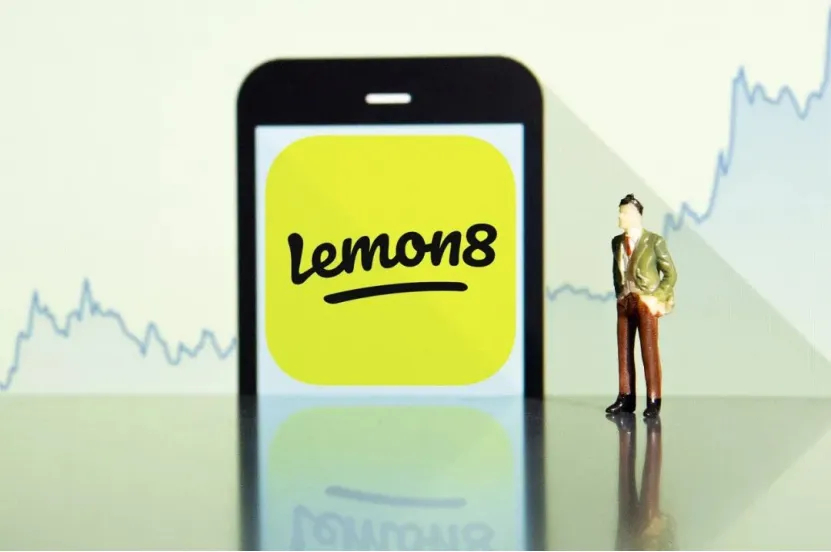
Beyond TikTok: Lemon8’s Rapid Growth in the U.S. Market
2024-11-14
-
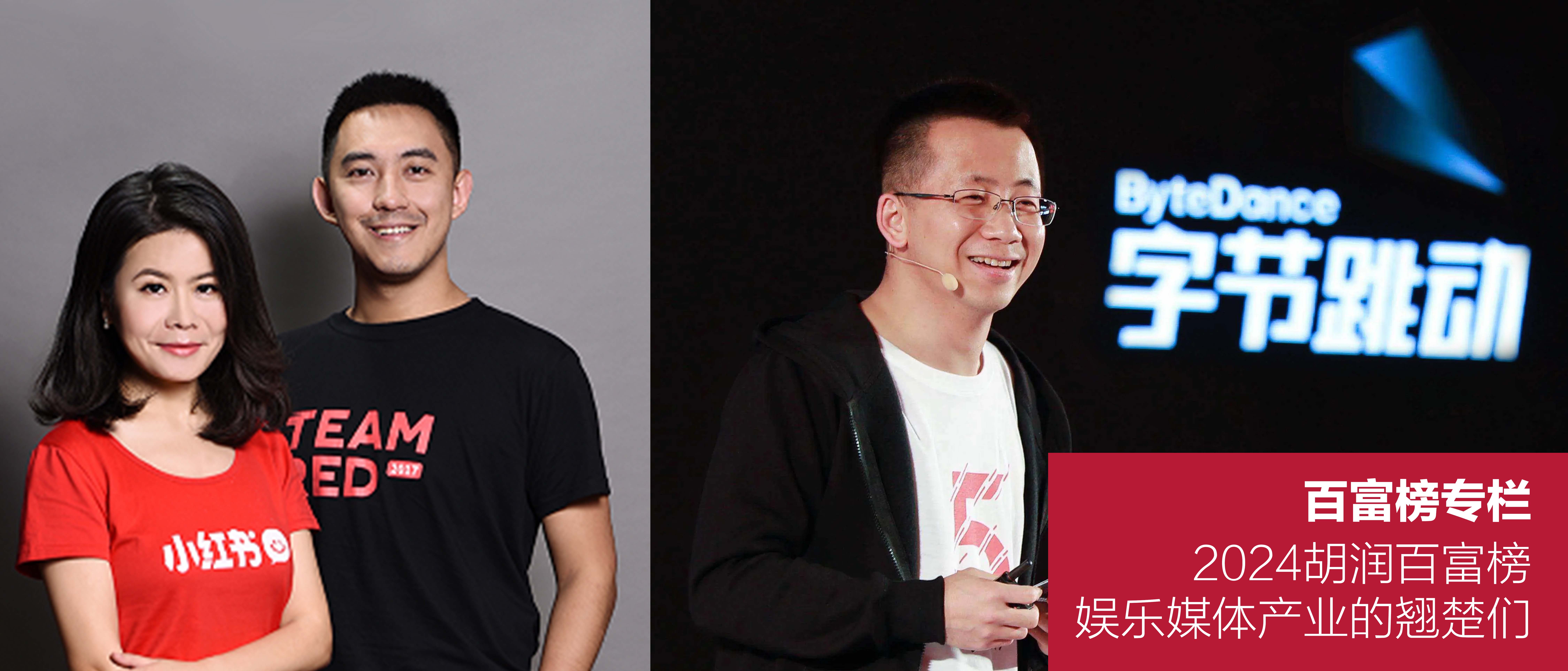
A New King of Wealth in China: How Short Videos Are Redefining Business Models
2024-11-14
-
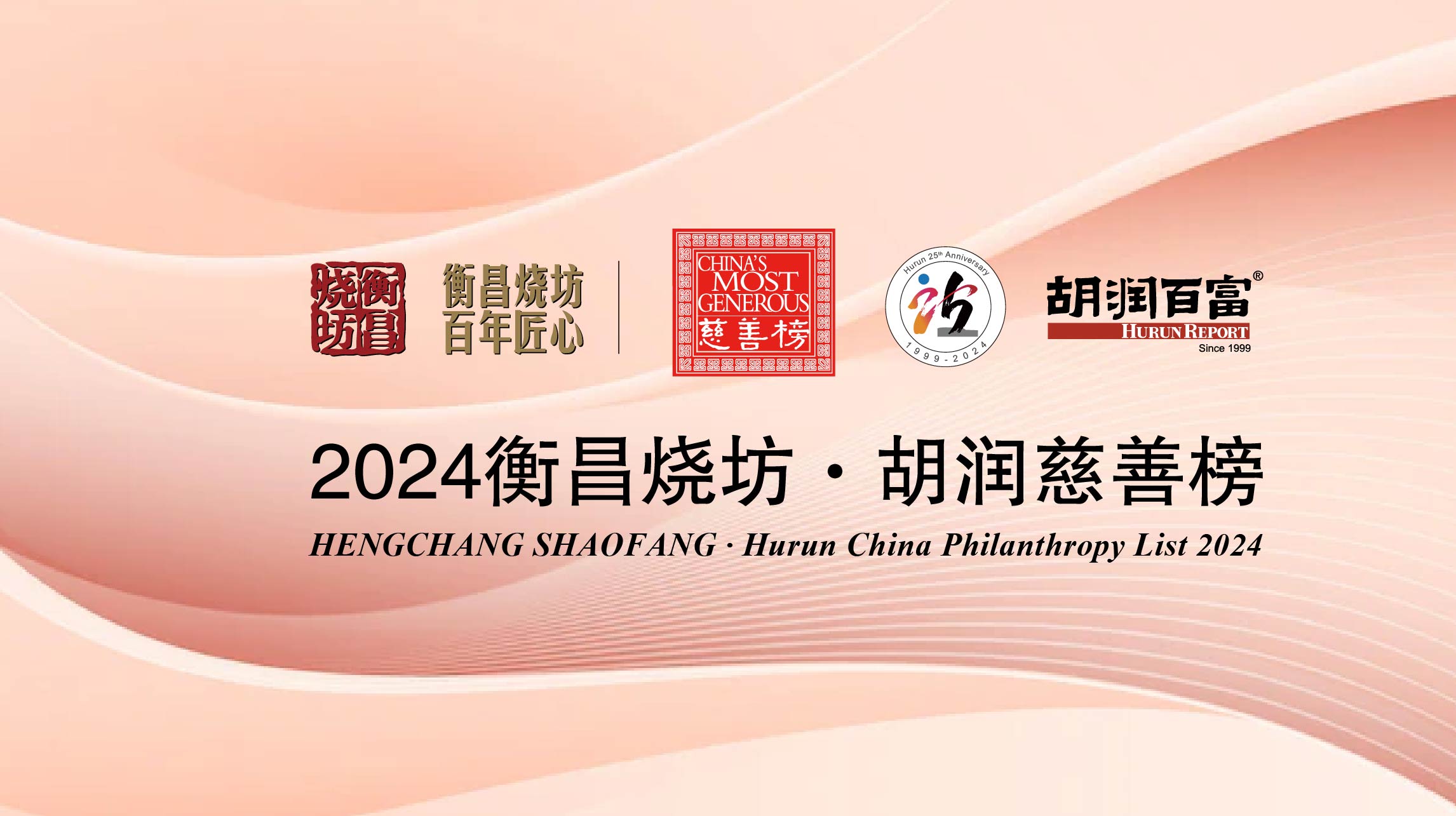
Hurun China Philanthropy List 2024
2024-11-12

